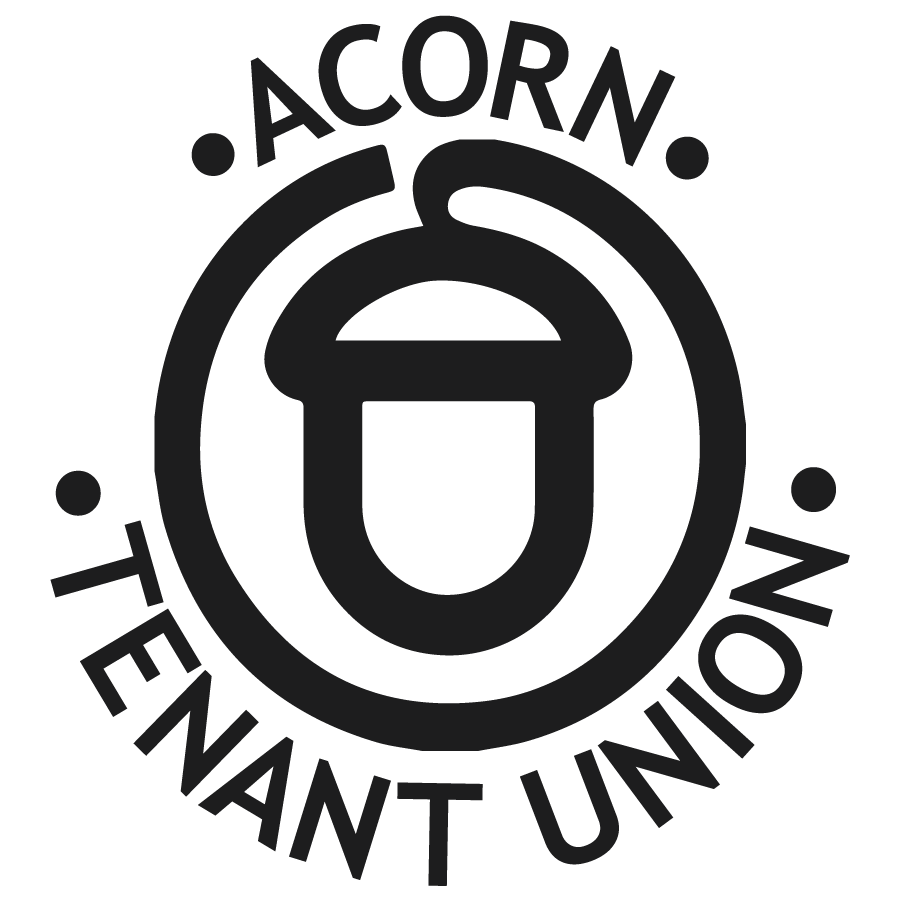The Star Opinion piece: The Canada Housing Benefit top-up is no solution to the housing crisis
Posted January 19, 2023
Recently, the federal government announced the much-awaited Canada Housing Benefit (CHB) top-up. This one-time rental top-up of $500 is for individuals who paid rent in 2022 that is at least 30 per cent of their net family income, and who have a net family income of $35,000 or less for a family, or $20,000 or less for an individual. It also requires the individual/family to have paid their income taxes for 2021.
It took the federal government two years to finally announce some support for renters since the pandemic started. The advocacy group ACORN has been demanding action from the federal government since the pandemic began. In a survey conducted by ACORN in 2020, 70 per cent of people stated that COVID-19 impacted their financial situation, and 42 per cent mentioned that they did not qualify for any of the income support programs such as CERB or EI. Coupled with lack of any rent control or full rent controls in many provinces and weak tenant protections, renters have been in desperate need for support.
The CHB top-up comes at a time when cities across the country are seeing skyrocketing rents and record inflation. Some cities have seen an almost 30 per cent jump in rental prices in the last year. But is the top-up enough?
To begin with, the effect of this benefit on people receiving any form of income assistance from the provinces is unknown. The government says receiving it has no impact on federal benefits but it is not yet known if it will affect the provincial benefits. If the provinces decide to not exempt the benefit, many people on income or disability assistance will not benefit from the payment — the very people who need support. In Ontario, the rates for the Ontario Disability Program and Ontario Works have remained stagnant since 2018.
On top of it, there are many moderate-income renters who are falling through the cracks. I live in Brampton and my family has an annual income of roughly $48,000; and we are five members, four adults and one child. With the current rules, we do not qualify because we make “too much”. Once again, my family is stuck in the missing middle. This is a huge anomaly in the way the current top-up has been designed.
A few facts to demonstrate this: Data shows that in 2021, more than one in 10 households were in core housing need; 13 per cent face more than one housing challenge. Core housing need is defined as households living in unsuitable, inadequate or unaffordable housing, who cannot afford alternative housing in their community. Not surprisingly, most of the households face unaffordability as a major housing challenge. I can’t afford to move and have to fight with a big corporate landlord to access safe, healthy, affordable housing.
Renters are more likely than owners to be in core housing need — 20 per cent renter as compared to 5 per cent owner households. Among people in poverty, 3.4 million renters lived in households that spent more than 30 per cent of their total income on shelter. But the CHB top-up covers only 1.8 million renters, leaving more than a million Canadian renters living in poverty, spending more than 30 per cent of their income without any support.
Moreover, for 2019, the Real Median Total Household Income (Before Taxes) for Canada was $46,900. The figures for B.C. and Ontario are $57,600 and $48,600 respectively.
And most importantly, let’s not forget, this is only a one-time support — temporary support that will benefit some low-income renters. There is a web of interrelated issues that are making the housing crisis worse. The feds can mandate provinces to enact rent control, which will go a long way in ensuring security of tenure and preventing homelessness for renters who are most vulnerable. Another issue that is worsening the housing crisis is the financialization of housing. Financialized landlords such as Real Estate Investment Trusts (REITs), like Starlight, CAPREIT, Killam and many others are fuelling the housing crisis by acquiring apartments that were once affordable and turning them into an investment product. ACORN’s study shows that renters living in financialized housing are more likely to live with pests and face rent increases that are above the provincial guideline.
Solving the affordable housing crisis requires federal leadership and solutions that tackle the systemic issues, more than a one-time top up.
Written by Tanya Burkart for the Star
****
Tanya Burkart is a leader with ACORN Canada, an independent, national organization of low-and-moderate income people with more than 160,000 members in 20-plus neighbourhood chapters across nine cities.

